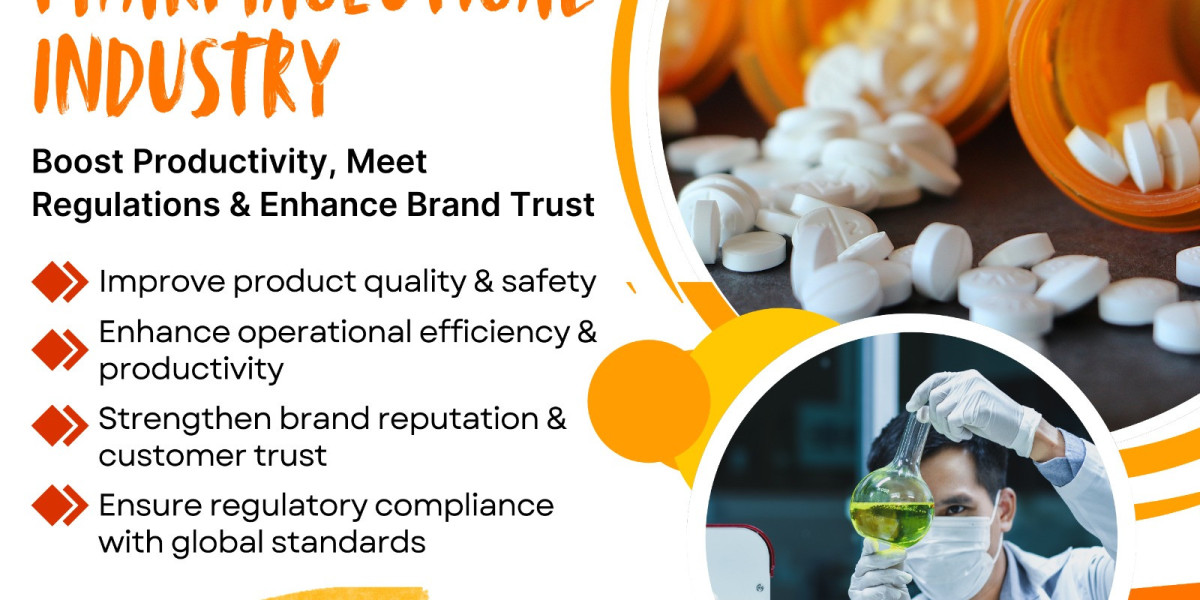ISO/IEC 17025:2017 is the international standard that specifies the general requirements for the competence, impartiality, and consistent operation of laboratories. It is widely recognized by testing and calibration laboratories across the globe. The standard ensures that laboratories deliver reliable, accurate, and valid results, which are crucial for industries such as manufacturing, healthcare, pharmaceuticals, food, and engineering.
For organizations seeking ISO 17025 Certification in Bangalore, understanding the core requirements of this standard is essential. Compliance demonstrates not only technical competence but also a commitment to quality and reliability. In this article, we will explore the main types of requirements included in ISO/IEC 17025:2017 and their significance.
1. General Requirements
The standard begins with general requirements focusing on impartiality and confidentiality. These elements are critical because laboratories must maintain independence in their operations and avoid conflicts of interest.
Impartiality: Laboratories should be free from external pressures that may influence results. This means decision-making must be unbiased and transparent.
Confidentiality: Laboratories must protect client information, intellectual property, and sensitive data.
For businesses working with ISO 17025 Consultants in Bangalore, ensuring impartiality and confidentiality is a fundamental part of certification preparation.
2. Structural Requirements
ISO/IEC 17025:2017 outlines structural requirements to ensure proper governance within the laboratory. These requirements include:
A clearly defined legal entity or part of an organization.
Defined management and organizational structure with assigned responsibilities.
A system to ensure that roles, responsibilities, and authorities are communicated to staff.
The purpose of these requirements is to establish accountability and ensure a strong leadership framework. Many organizations turn to ISO 17025 Services in Bangalore to streamline structural compliance and documentation.
3. Resource Requirements
A key aspect of laboratory competence is the availability of appropriate resources. The resource requirements of ISO/IEC 17025:2017 include:
Personnel: Staff must be competent, trained, and qualified for their roles. Continuous training is necessary to maintain proficiency.
Facilities and Environment: The laboratory environment should not adversely affect testing or calibration outcomes.
Equipment: Instruments and tools must be calibrated, well-maintained, and suitable for intended use.
Metrological Traceability: Measurements should be traceable to international or national standards.
Externally Provided Resources: If subcontractors or external suppliers are used, the laboratory remains responsible for ensuring their compliance.
This section emphasizes the importance of resources in achieving accurate and consistent results. ISO 17025 Consultants in Bangalore often provide training programs and resource assessment to help organizations comply effectively.
4. Process Requirements
Process requirements form the backbone of ISO/IEC 17025:2017. They describe the operational processes a laboratory must follow to ensure reliable testing and calibration. These requirements cover:
Review of Requests, Tenders, and Contracts: Ensuring that client requirements are clear and achievable before accepting work.
Selection, Verification, and Validation of Methods: Only appropriate and validated methods should be used.
Sampling: If applicable, proper procedures should be followed to ensure representative and reliable samples.
Handling of Test and Calibration Items: Items should be transported, stored, and processed under conditions that prevent damage or deterioration.
Technical Records: Detailed documentation of testing and calibration must be maintained.
Evaluation of Measurement Uncertainty: Laboratories should identify and evaluate uncertainties associated with measurements.
Ensuring the Validity of Results: Continuous monitoring, proficiency testing, and inter-laboratory comparisons should be conducted.
Reporting of Results: Reports must be clear, accurate, and include all relevant information to ensure proper interpretation.
Organizations seeking ISO 17025 Certification in Bangalore often rely on consultants to establish robust process controls that align with these requirements.
5. Management System Requirements
The management system requirements in ISO/IEC 17025:2017 align closely with ISO 9001:2015. Laboratories are given two options to demonstrate compliance:
Option A: Implement a management system covering documentation, control of records, management reviews, internal audits, corrective actions, risks, and opportunities.
Option B: Operate a management system that already meets ISO 9001:2015 standards.
Key elements include:
Management System Documentation: Policies and procedures must be documented and maintained.
Internal Audits: Regular audits are essential to evaluate conformity and effectiveness.
Management Reviews: Periodic reviews ensure continual improvement.
Corrective Actions: Non-conformities must be addressed promptly with effective corrective actions.
This section ensures that laboratories not only perform well technically but also maintain organizational efficiency. ISO 17025 Services in Bangalore typically include internal audits and management system training to prepare organizations for certification.
6. Risk-Based Thinking and Continual Improvement
One of the significant changes in the 2017 version is the emphasis on risk-based thinking. Laboratories are required to identify potential risks and opportunities that could affect operations and results. By doing so, they can take preventive actions and promote continual improvement.
This forward-looking approach ensures that laboratories are proactive in managing challenges rather than reacting to problems after they occur.
Conclusion
ISO/IEC 17025:2017 encompasses a wide range of requirements—from general principles like impartiality to detailed process and management system requirements. For laboratories in Bangalore, achieving compliance means building trust with clients, regulators, and international partners.
Whether you are a small testing facility or a large calibration laboratory, obtaining ISO 17025 Certification in Bangalore enhances your credibility and demonstrates your technical competence. With the guidance of ISO 17025 Consultants in Bangalore and support from professional ISO 17025 Services in Bangalore, laboratories can streamline compliance, improve performance, and achieve global recognition.
By meeting these requirements, your laboratory not only ensures accurate and reliable results but also positions itself as a trusted partner in today’s competitive marketplace.








